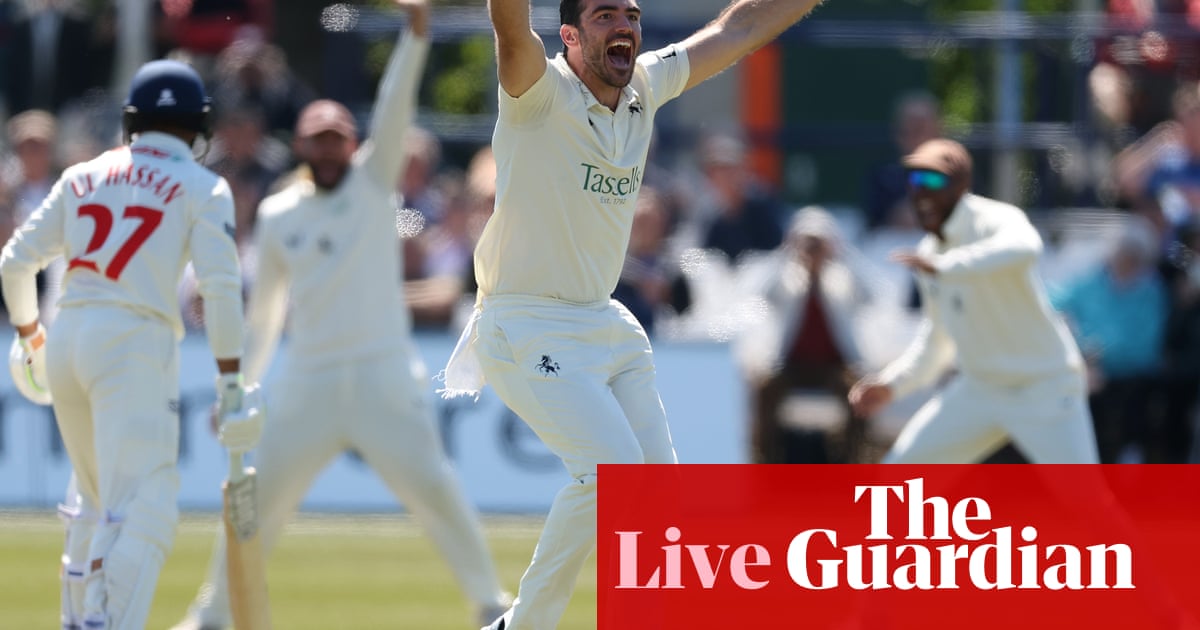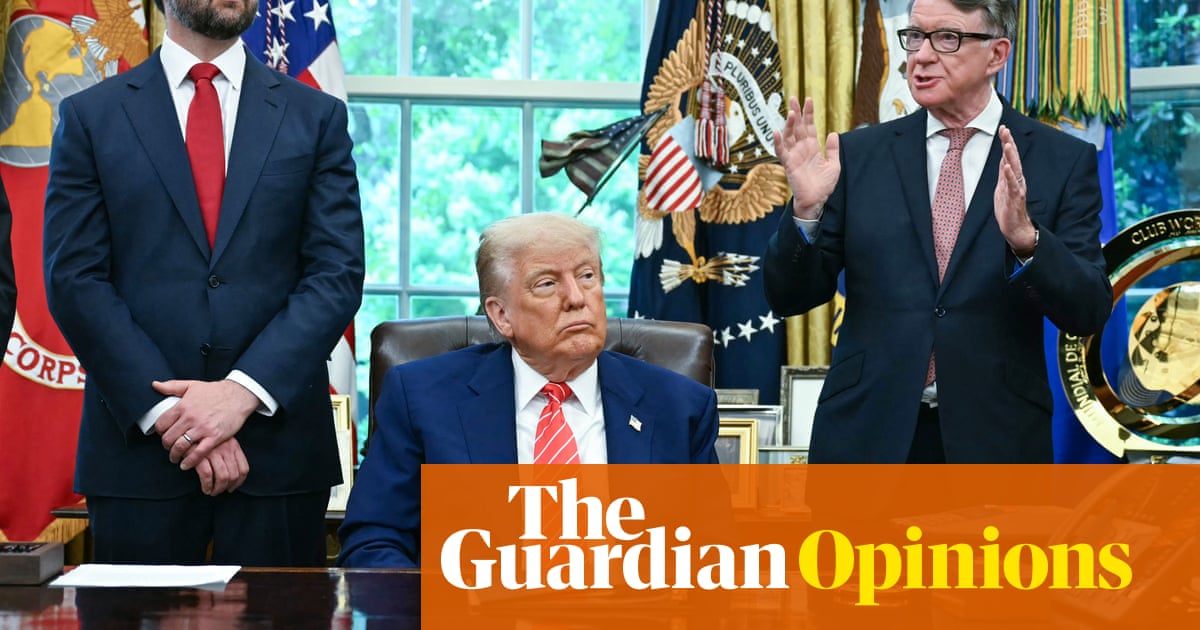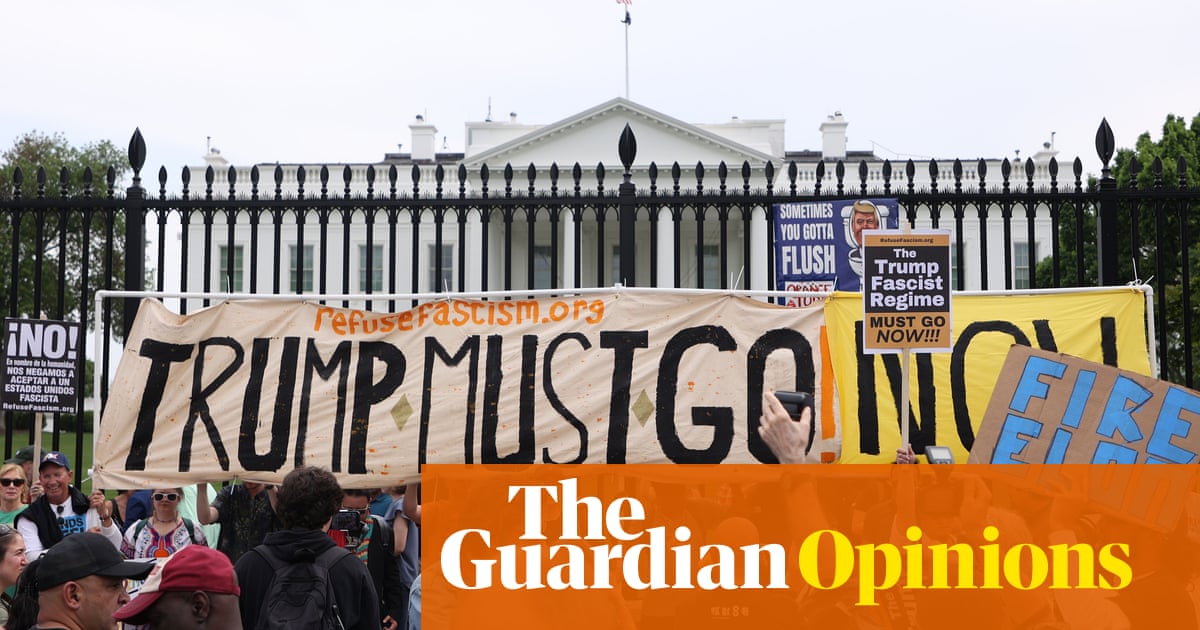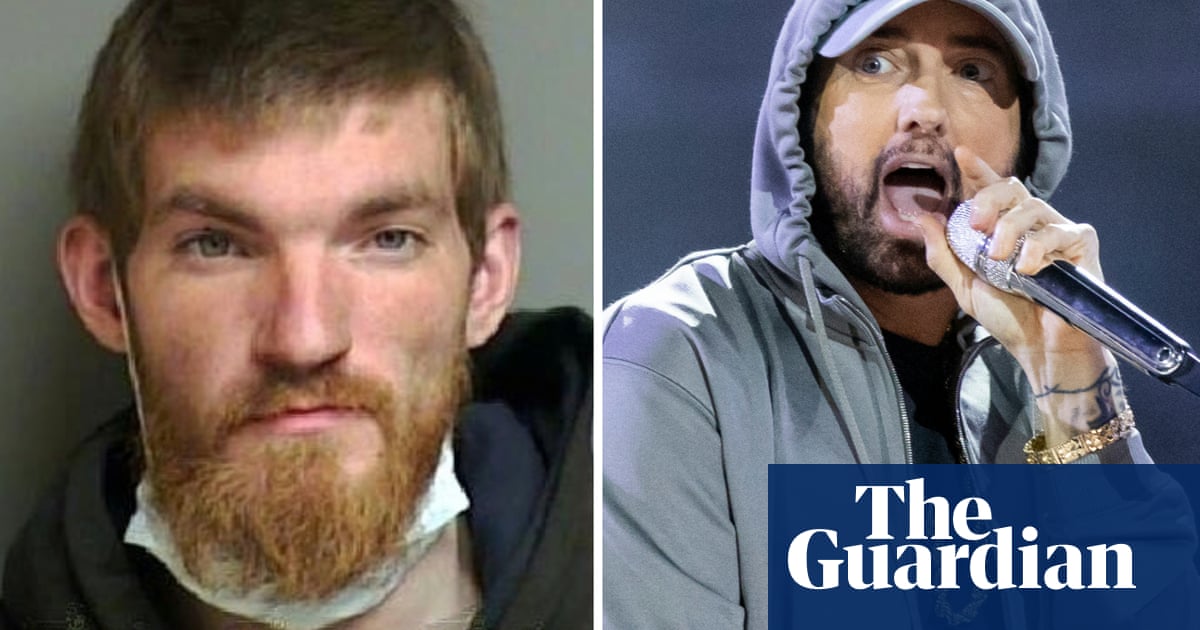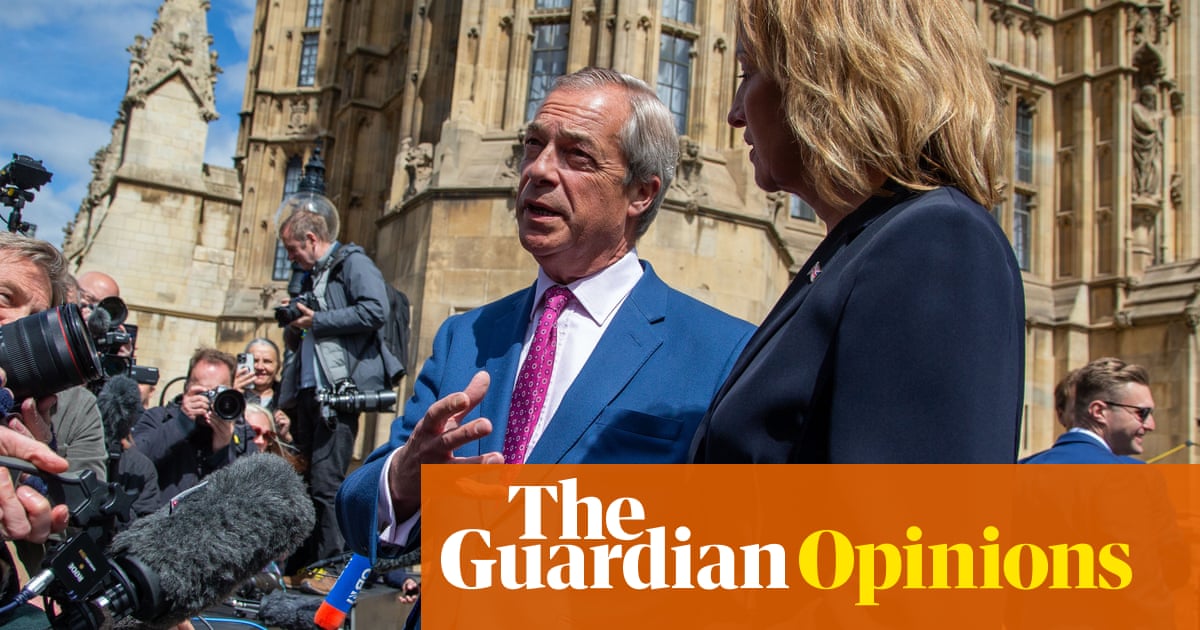They arrived intent on causing mayhem. The political figurehead they supported had, they said, been the victim of a grave injustice at the hands of the establishment. The ringleaders had soon broken through security cordons, armed with fire extinguishers, steel pipes and police shields, smashing windows and gaining entry to a government building, leaving destruction worth an estimated £400,000 in their wake.
The scene of the riot was not the US Capitol building on 6 January 2021, and the mobs attempting to overturn the rule of law had swapped animal skins and bald eagle masks for hooded down jackets and face masks. But the similarities between Maga ideologues’ attempts to overturn the result of the 2020 presidential election, and the far-right protesters who stormed the Seoul western district court building this weekend in support of the impeached South Korean president, Yoon Suk Yeol, are hard to ignore.
About 25 terrified court workers barricaded themselves on the rooftop for an hour as rioters reached the seventh floor, hunting specifically for the judge who had issued the warrant to detain their leader as part of an investigation into allegations that his 3 December declaration of martial law amounted to insurrection.
Of the 90 people arrested, more than half were in their 20s and 30s, including three YouTubers who livestreamed the chaos. The violence left 51 police officers injured, seven seriously, while broadcast journalists from KBS and MBC were attacked and had their equipment damaged. Both have announced they are taking legal action.
In the weeks since Yoon, an arch conservative, took the disastrous decision to impose martial law in one of Asia’s most vibrant democracies, the battle for South Korea’s political future has been played out mostly in the national assembly chamber, courtrooms and Yoon’s official residence.
There have been periods of real tension, when the country appeared to be treading a narrowing line between the democratic process and anarchy – not least the confrontations between soldiers and politicians on the night martial law was declared, and when armed security personnel blocked police and prosecutors during their first, unsuccessful attempt to arrest Yoon.
Adding fuel to the unrest, the controversial far-right pastor Jeon Kwang-hoon told supporters that the people’s right to resist “supersedes the constitution” and offered to pay protesters to attend anti-impeachment rallies. Yoon sent a letter praising the protesters as patriots, vowing to “fight to the end” and encouraging them to “be stronger”.
Every twist in the martial law saga has been accompanied by huge protests, by those representing the majority of South Koreans who want Yoon ejected from office, and a smaller, but increasingly agitated bloc of voters for whom the suspended president can do no wrong.
The pro-Yoon camp has taken its cue from its equivalent in the US in form and substance, from the “stop the steal” placards and Maga-inspired baseball caps to the unfounded claims that national assembly elections in 2020 and last spring – the opposition winning the latter by a landslide – were rigged.

Photograph: Kim Hong-Ji/Reuters
Trump has used personal insults and threats of imprisonment to intimidate his opponents and their allies in the “fake” mainstream media. Yoon has embraced similar rhetoric, condemning, without evidence, “anti-state, pro-North Korean” politicians, while his supporters use YouTube to amplify unfounded conspiracy theories about the parliamentary election results.
Politicians and senior judges are among those who have condemned the scenes at the Seoul courthouse in the early hours of Sunday, while Yoon, who is under arrest at a detention facility over his martial law declaration, has asked his supporters to protest peacefully.
The Korean Bar Association issued a stark warning, saying that “threats against courts, which are at the heart of the rule of law, cannot be tolerated for any reason” and called for a “swift and strict investigation” of the perpetrators.
The acting president, Choi Sang-mok, described the scenes of violence as “unimaginable in a democratic society”. But the strong echoes of the attempted insurrection in Washington four years ago – a connection that some in the South Korean media have made – suggest that Sunday’s assault on the rule of law was entirely predictable.

.png) 3 months ago
41
3 months ago
41
